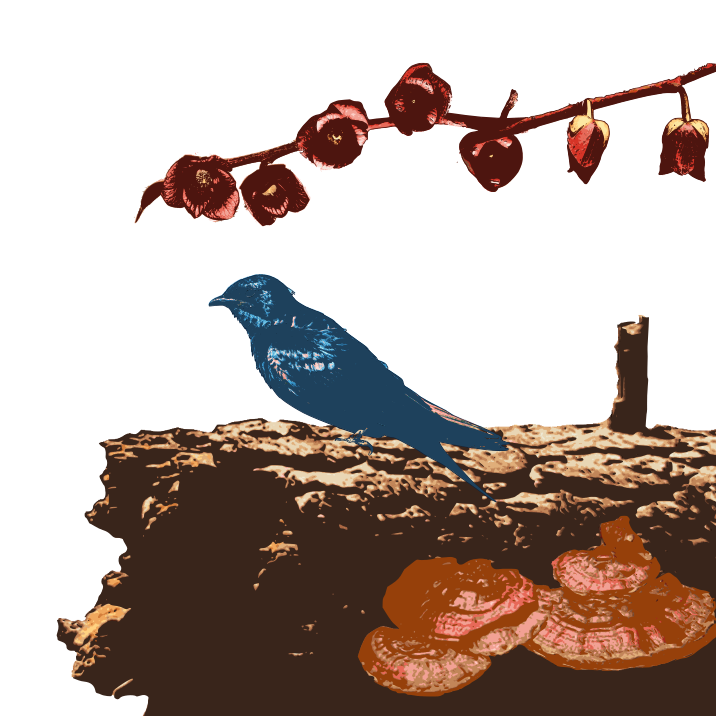
Recomposition Collective
An open-source collective focused on developing tools and practices for a better world.

An open-source collective focused on developing tools and practices for a better world.


Our planet and species face more threats than ever before in human history:

We believe that this global trajectory is fundamentally antithetical to the flourishing of a free humanity on our planet.
We believe that the systems and methods we use to maintain our species should work with instead of against the living world we live in, and aim to encourage those practices by working with other organisations to rebuild our ecosystem and revitalize our land.